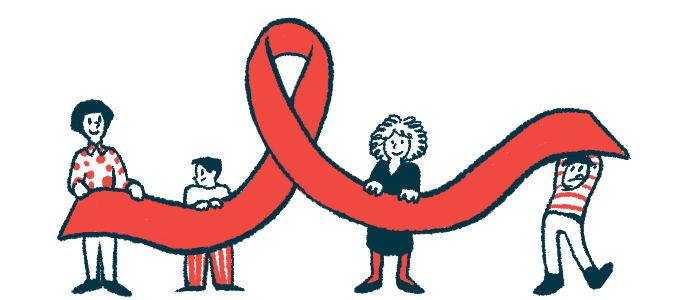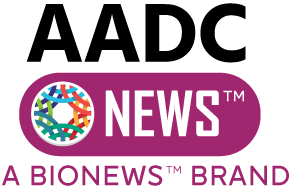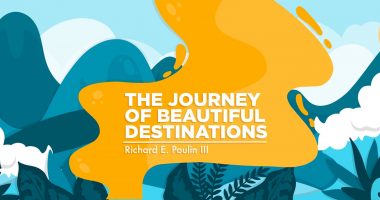Free Rare Disease Genomics meeting will be held virtually Saturday
Focus of 10th annual UAB event spans genetic testing to patient empowerment

The 10th annual Rare Disease Genomics Symposium, hosted by the University of Alabama at Birmingham (UAB), will showcase the latest research into rare genetic diseases and focus on next-generation genetic testing and patient empowerment, the university announced.
The free in-person and virtual symposium, set for Friday, brings together researchers, doctors, and patient advocates to advance understanding of rare genetic diseases, such as aromatic L-amino acid decarboxylase (AADC) deficiency.
Such understanding plays an important part in spurring research and contributing to a better diagnosis and treatment for people living with a rare genetic disease.
Advance registration is required, including for those planning to follow online.
Talks and presentations begin at 8:30 a.m. and end at 3:30 p.m. CST
The symposium happens every year around Rare Disease Day, celebrated Feb. 28, as a collaborative effort between the UAB and Children’s of Alabama, Alabama Rare, and the university’s Alabama Genomic Health Initiative.
UAB Medicine and Children’s of Alabama were designated Rare Disease Centers of Excellence in 2021 by the National Organization for Rare Disorders (NORD), recognizing their dedication to provide pioneering care and research for rare diseases in the Southeast.
This year’s symposium will be a hybrid event, running from 8:30 a.m. to 3:30 p.m. CST in person at Children’s of Alabama’s Bradley Lecture Center in Birmingham or virtually via Zoom.
There are roughly 7,000 rare disorders, among which is AADC deficiency, an extremely rare genetic condition with only about 120 cases reported. About 95% of these diseases have no approved treatment.
Early and efficient genetic testing is key for the timely diagnosis and treatment of rare genetic diseases, which may have a positive impact on the disease course.
According to the official program, the symposium’s morning session will be focused on genetic testing technology.
Praduman Jain, Vibrent Health’s CEO, will talk about the power of real-world data and genomics in driving research in the field of rare genetic diseases. Genomics refers to the study of all of a person’s genes (the genome).
Next up will be Ryan Taft, PhD, vice president of scientific research at Illumina, who will discuss the promise of precision, or personalized, medicine, which tailors treatment to a person’s unique genetic makeup.
Gregory Cooper, PhD, an investigator at HudsonAlpha Institute for Biotechnology, will present results of the use of long-read genome sequencing in diagnosing neurodevelopmental disorders, such as AADC deficiency.
Long-read genome sequencing is a fairly recent technology that allows scientists to read longer stretches of DNA at once, making it easier to find information that might otherwise be missed.
Afternoon session will touch upon patient empowerment and health equity.
Tania Simoncelli, vice president of science in society at Chan Zuckerberg Initiative (CZI), will share preliminary findings of CZI’s Rare As One Project. Since its 2019 launch, the project has supported more than 80 patient-led organizations working to accelerate research in their rare disease field.
Edward Neilan, MD, PhD, NORD’s chief medical and scientific officer, will talk about the organization’s Rare Disease Centers of Excellence Program to address unmet needs for people with rare genetic diseases.
Finally, Teneasha Washington, PhD, assistant professor at UAB’s School of Public Health, will share effective forms of community engagement, which is key to raise awareness and promote advocacy for rare diseases.
Attendees will also learn how community-based participatory research, when both scientists and community members collaborate as equals in the process, may help to address unmet needs.
Both morning and afternoon sessions will be followed by a panel debate.





